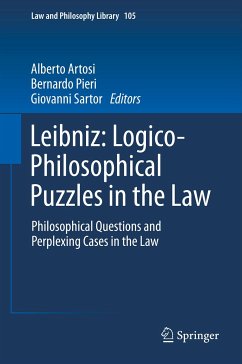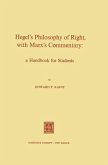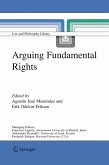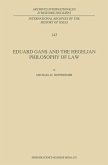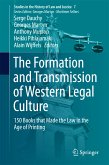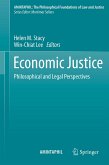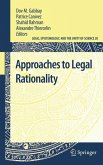This volume presents two Leibnizian writings, the Specimen of Philosophical Questions Collected from the Law and the Dissertation on Perplexing Cases. These works, originally published in 1664 and 1666, constitute, respectively, Leibniz's thesis for the title of Master of Philosophy and his doctoral dissertation in law. Besides providing evidence of the earliest development of Leibniz's thought and amazing anticipations of his mature views, they present a genuine intellectual interest, for the freshness and originality of Leibniz's reflections on a striking variety of logico-philosophical puzzles drawn from the law. The Specimen addresses puzzling issues resulting from apparent conflicts between law and philosophy (the latter broadly understood as comprising also mathematics, as well as empirical sciences). The Dissertation addresses cases whose solution is puzzling because of the convoluted logical form of legal dispositions and contractual clauses, or because of conflicting priorities between concurring parties. In each case, Leibniz dissects the problems with the greatest ingenuity, disentangling their different aspects, and proposing solutions always reasonable and sometimes surprising. And he does not refrain from peppering his intellectual acrobatics with some humorous comments. bbbbbb
Dieser Download kann aus rechtlichen Gründen nur mit Rechnungsadresse in A, B, BG, CY, CZ, D, DK, EW, E, FIN, F, GR, HR, H, IRL, I, LT, L, LR, M, NL, PL, P, R, S, SLO, SK ausgeliefert werden.

